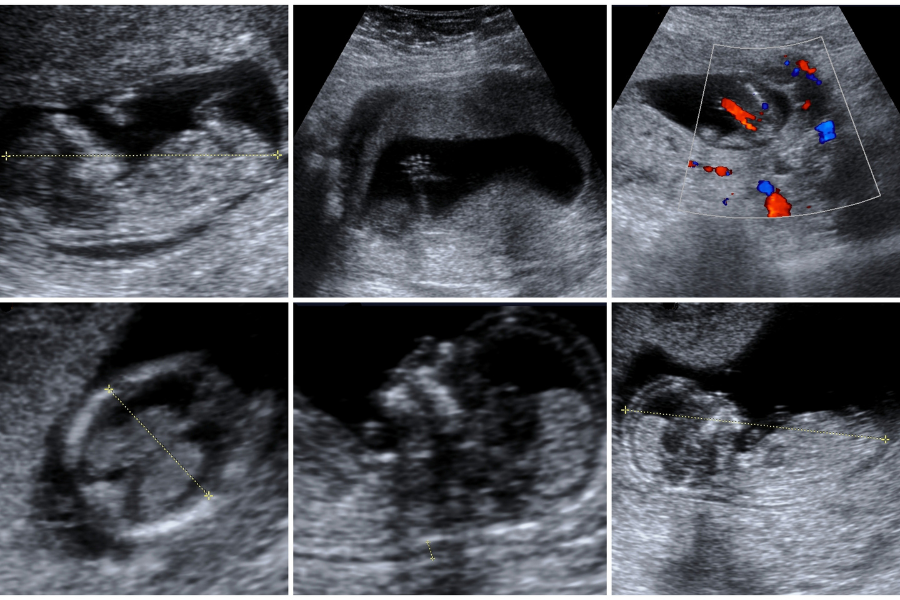A new study provides insight on the risks of using marijuana during pregnancy on fetal growth by analyzing the effect of use on three different health outcomes at birth: weight, length, and head circumference of the newborn. Researchers further analyzed whether there was a difference in these health outcomes based on the timing of marijuana use during pregnancy: use during first trimester (prior to 14 weeks), use during second trimester (prior to 26 weeks), and continued use into third trimester (after 26 weeks).
They discovered that babies born to mothers who used marijuana during pregnancy had significantly lower birth weight and smaller head circumference compared to babies born to mothers who did not use marijuana during pregnancy. They found that babies born to mothers who used throughout pregnancy were negatively impacted the most, however, even those babies born to mothers who used early in pregnancy (first trimester only) had significantly lower birth weight and those born to mothers who used during first and second trimester were born with significantly smaller head circumference.
Although the sample size is small, this research is particularly striking as they grouped women based on biochemical markers to verify marijuana use and nonuse. Women in the Marijuana Only exposure group had either self-reported marijuana use or positive lab test for marijuana, negative for all other substances on lab testing, and no prescriptions for benzodiazepines, opioids, or barbiturates during pregnancy. Women in the Control Group fulfilled the same criteria with the exception of no marijuana use which was verified through biochemical test.
These findings highlight the importance of ceasing marijuana use if trying to become pregnant and early in pregnancy for the health and wellness of our most vulnerable- babies. Children born with the health outcomes of low birth weight and/or smaller head circumference are at risk for many poor health outcomes as they develop including psychological issues like depression and social dysfunction, developmental conditions like ADHD and cognitive delay, and increased risk for chronic diseases as an adult. Therefore, it is critical that women of child-bearing age are educated about the harms associated with using marijuana during pregnancy and providers have conversations with their pregnant patients and families to help them make informed decisions and cease marijuana use as quickly as possible.
To view resources on this topic, click here to be directed to Drug Free America Foundation’s dedicated webpage for our Marijuana Use and Pregnancy educational project.
References:
Dodge, P., Nadolski, K., Kopkau, H., Zablocki, V., Forrestal, K., & Bailey, B. A. (2023). The impact of timing of in utero marijuana exposure on fetal growth. Frontiers in Pediatrics. https://www.frontiersin.org/articles/10.3389/fped.2023.1103749/full






